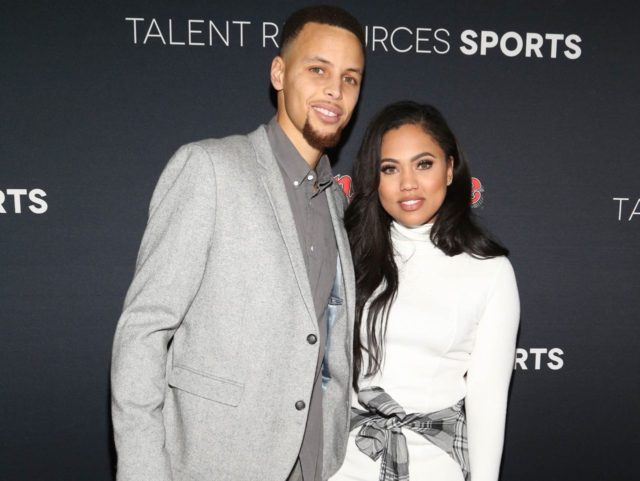Once relegated to “dumb jock” roles on the gridiron or the field house, modern day sports figures are using their brand and money to be movers and shakers at Donald Trump’s Republican National Convention and as Silicon Valley venture capitalists.
Life after sports was once brutal for many great professional athletes, who were often considered too stupid to think or speak. Willie Mays was one of the greatest baseball players to live, but he was rescued from abject poverty in his senior years by Donald Trump employing him to be a greeter and to sell signature items at Atlantic City’s Trump Plaza.
But Trump’s “reality”-themed convention in Cleveland will celebrate the political and public policy opinions of sports heroes such as basketball coach Bobby Knight, golfer John Daly, quarterback Tim Tebow, power forward Dennis Rodman, MLB outfielder Johnny Damon, boxer Mike Tyson, football guard Richie Incognito, linebacker Shawne Merriman, football coach Lou Holtz, UFC champion Tito Ortiz, and receiver Terrell Owens.
The star athlete who has made the most in business is NBA Hall of Famer Earvin Johnson, with a net worth of $700 million. “Magic” made good money as a Laker, but through business he now owns a major share of the Los Angeles Dodgers and numerous Burger King, Starbucks, T.G.I. Friday’s and 24 Hour Fitness franchises. Johnson also actively manages the Detroit Venture Partners fund.
A close second is NFL Hall of Famer Roger Staubach, who parlayed his name and a little sports cash into a massive commercial real estate firm known as The Staubach Company. He eventually sold the company in 2008 for $613 million.
It is not unusual for modern sports stars that have college business degrees to be attracted to entrepreneurial investing. The Warriors’ Stephen Curry and former Yankees legend Derek Jeter, for example, both have their own successful Silicon Valley startups.
Venture capital fund manager Carmelo Anthony, who stars for the New York Knicks on the side, will head to San Francisco this week for Warriors’ forward Andre Iguodala’s 3-day shindig, which features top-paid NBA stars mingling with top VCs and tech executives. Presenters include Palo Alto’s Andreessen Horowitz, wearable products maker Jawbone, and early-stage investment firm SV Angel.
Roger Mason Jr., deputy executive director of the National Basketball Players Association, which co-sponsors the event, told SiliconVallley.com that the league is supportive. “Increasingly our players have shown an interest in technology and venture capital and sports wearables and that whole world, and so we wanted to provide them with an opportunity to get educated.”
Active star players should prepare for what former evangelist minister Jay Williams warns will be the dreaded “Life after the NBA.” Williams was a Chicago Bulls rookie sensation until June 2003, when he suffered a motorcycle accident that prematurely ended his playing career. Williams said, “I was lost. Basketball had defined me. My accident had defined me. And I had no idea what I wanted to do.” Williams counsels players to seek redemption from a higher power, but also line up another career.
Retired NFL player Lawyer Milloy, who has two Super Bowl rings, got some hard knocks investing in a tech start-up called Pirq. The app was supposed to give customers access to retail stores’ loyalty programs. The deal failed, but Milloy kept trying at VC.
Having learned hard lessons, Milloy took more time to research opportunities before being an early venture capitalist in Silicon Valley-based social platform GameOn, which connects sports fans to each other and their favorite athletes. As the deal prospered, follow-on investors have included Joe Montana, rapper Snoop Dogg and retired NBA player and Oakland native Gary Payton, among others.
But Dallas-based Ed Butowsky, managing director of the high-performing Chapwood Investments, which acts as financial adviser for many top professional athletes, warned that becoming involved with startups could get players into financial trouble. Butowsky reminds players that currently have extra money to burn, “One of the number-one reasons that athletes go broke is because they put money in private, ill-liquid investments.”
“The tech world is booming and there’s a lot of opportunity,” Milloy told SiliconValley.com, “Can you fail at it? Yes. Can you win? Hell yeah.”

COMMENTS
Please let us know if you're having issues with commenting.